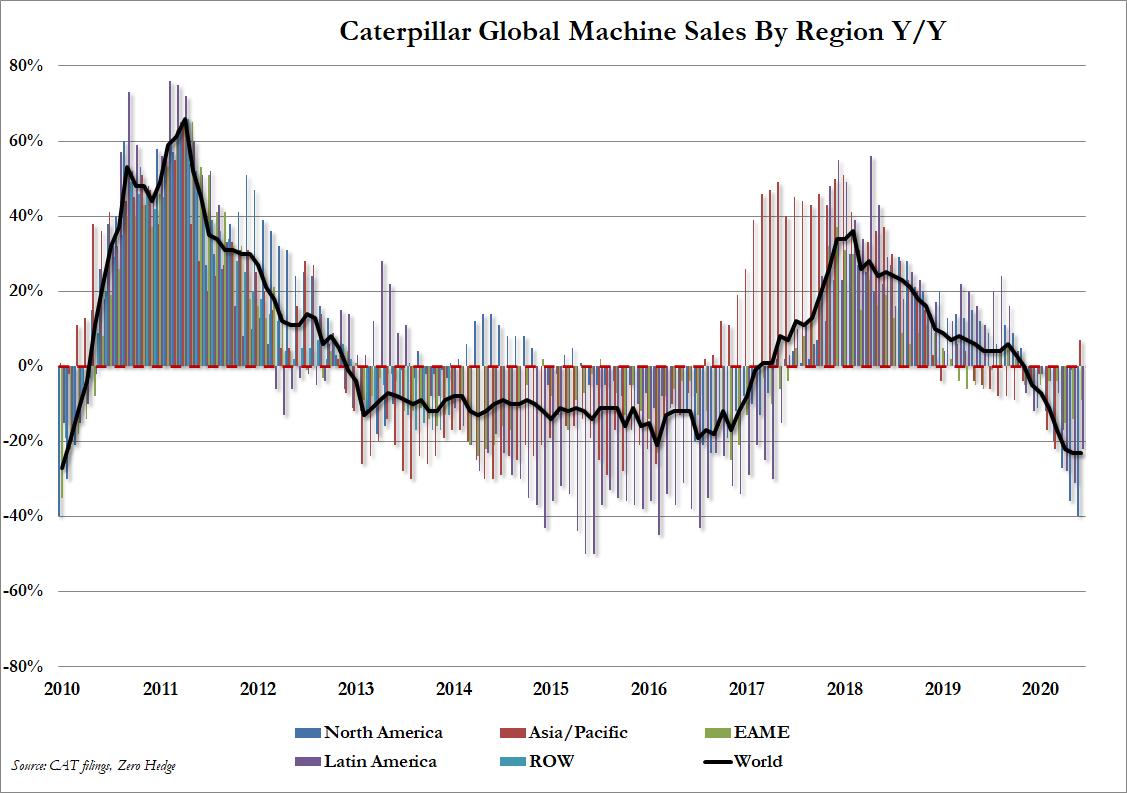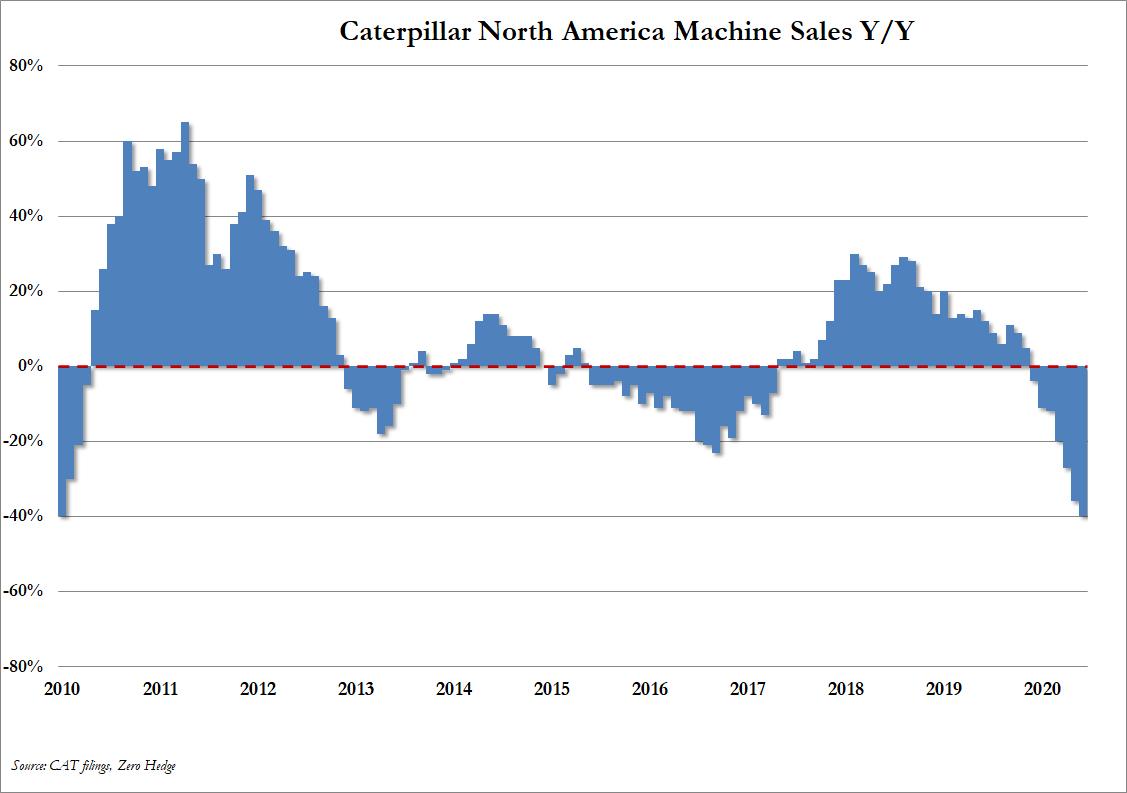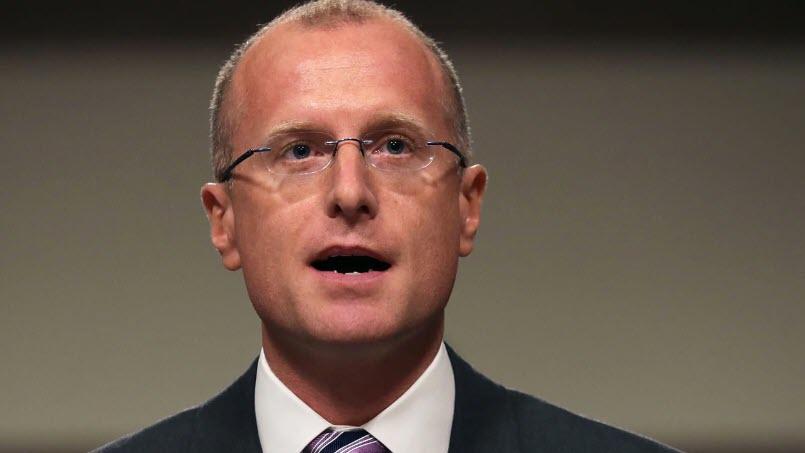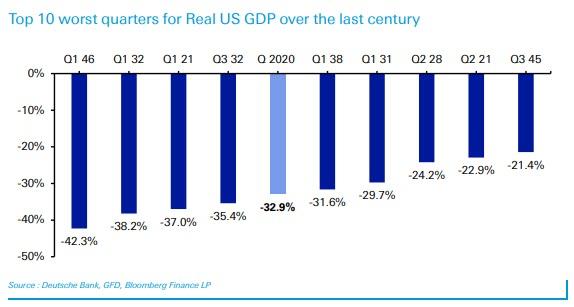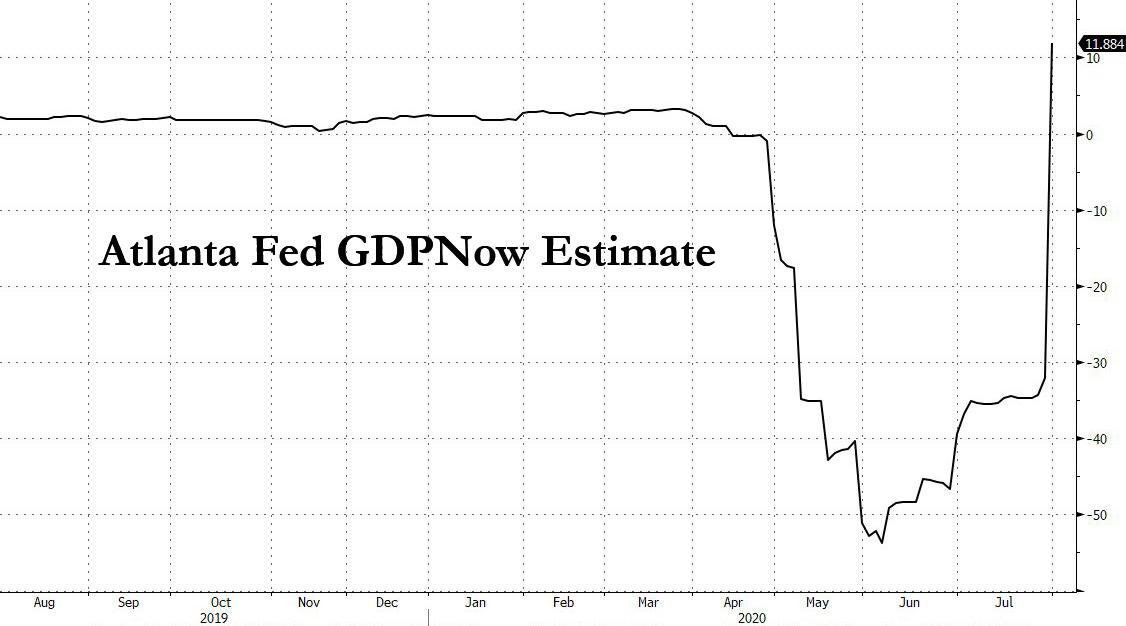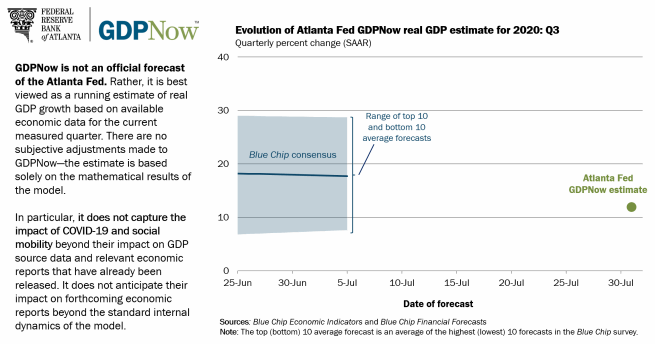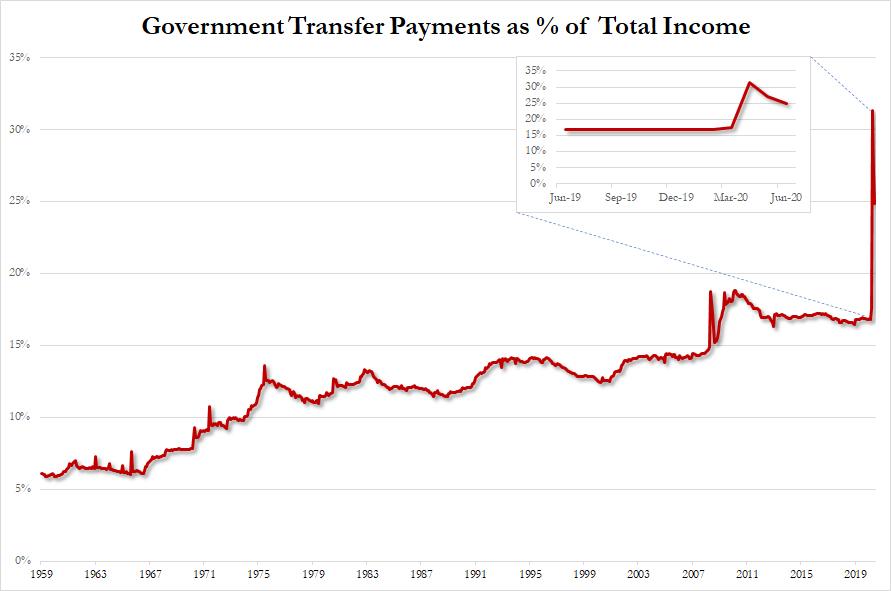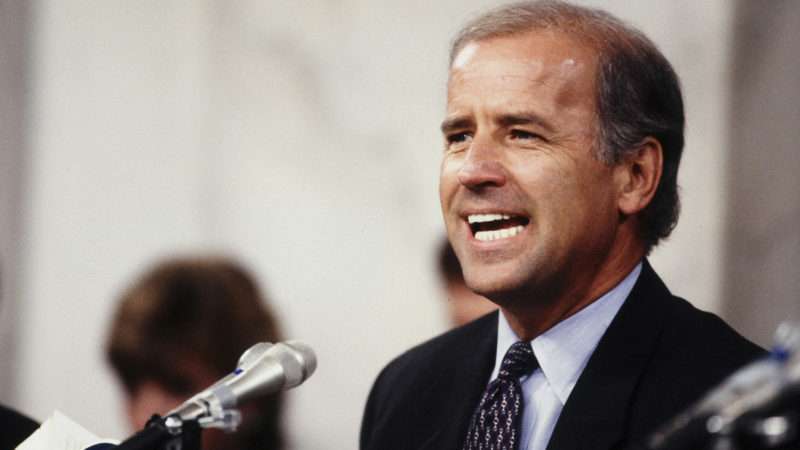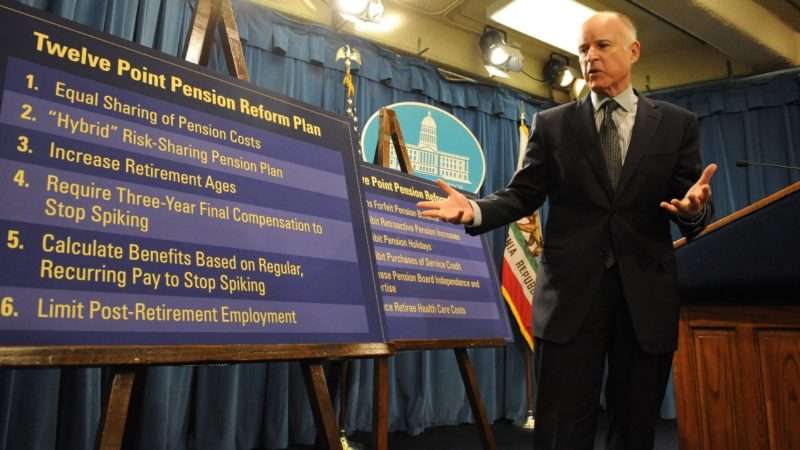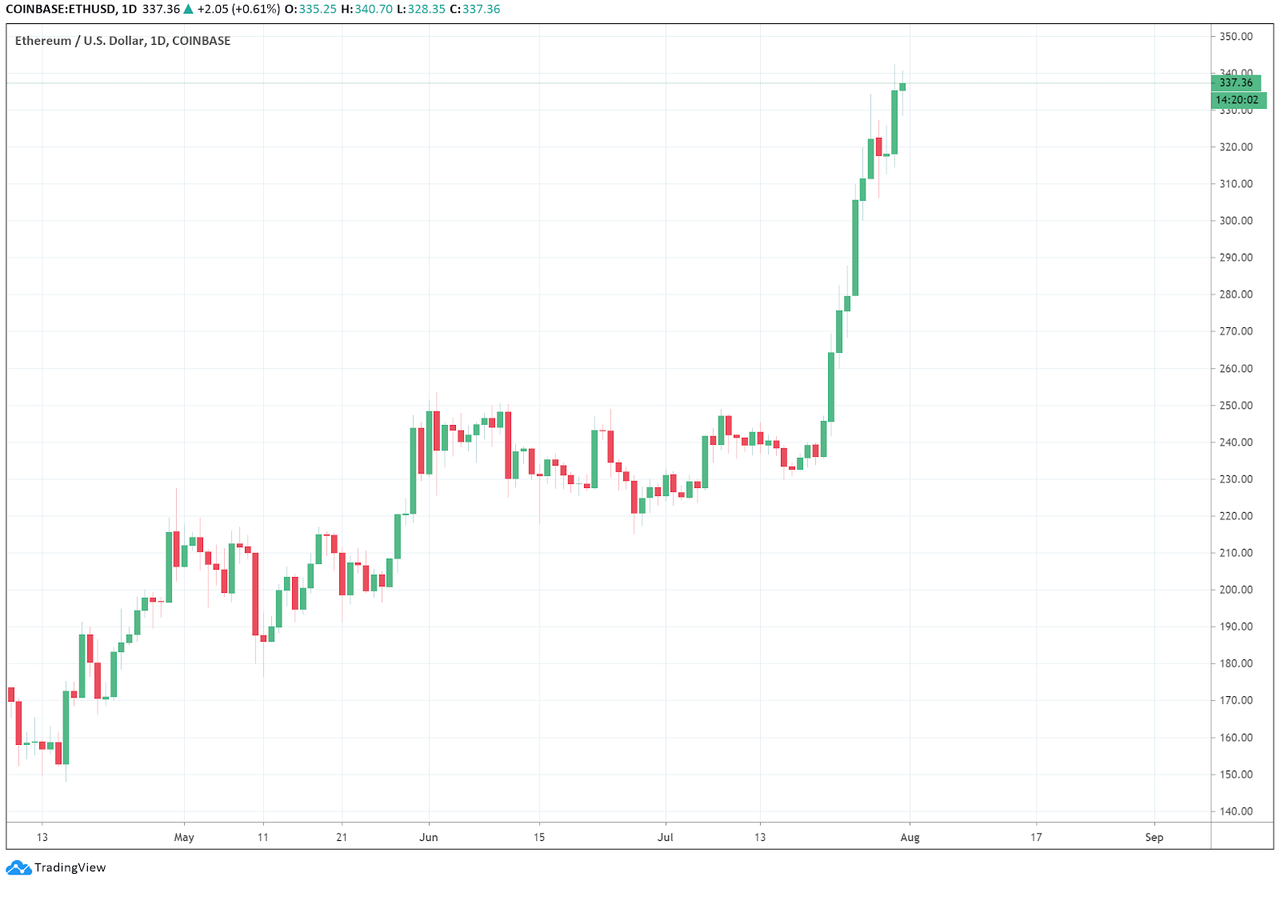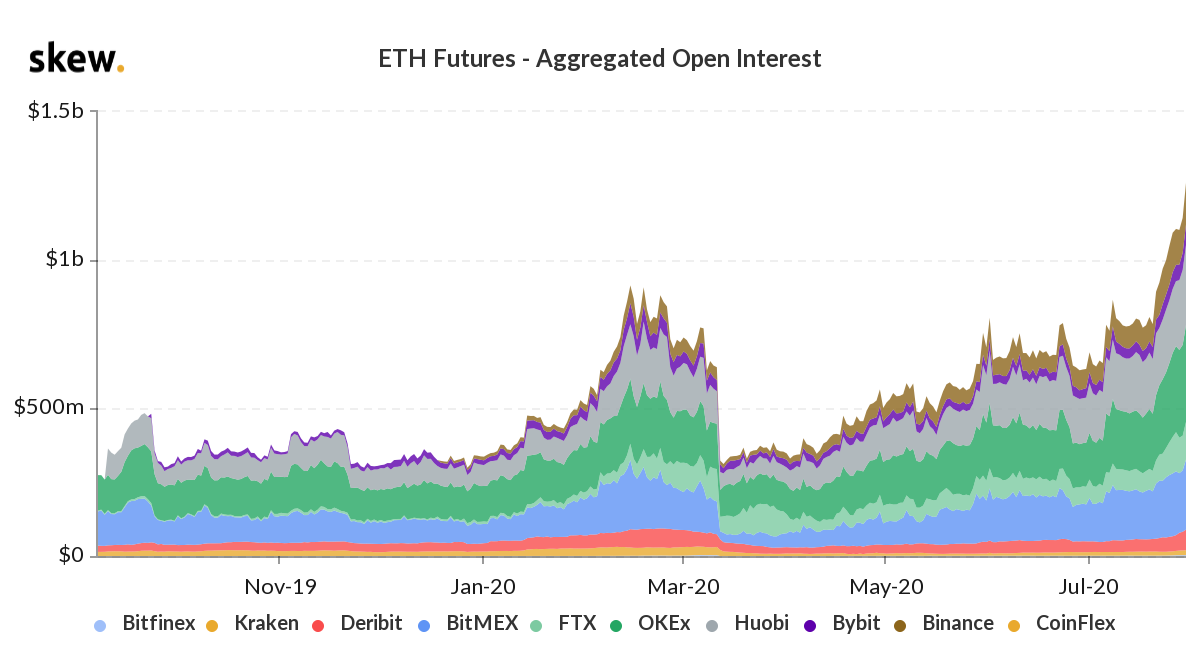From the Report-Recommendation by Magistrate Judge Therèse Wiley Dancks (N.D.N.Y.) in Gomez v. Zuckenburg [sic]:
According to Plaintiff, Defendants are preventing him from logging into his old Facebook account or opening a new account. He asserts his difficulties with Facebook started after President Donald Trump issued Executive Order 139251 …. Plaintiff alleges that, after the EO 13925 was signed into law, every time he tried to open a new account, he received a message stating his account “has been disabled for going against Facebook guidelines.” Plaintiff states he never abused Facebook and does not understand what guidelines he violated. He asserts Facebook targeted him with no “legal or policy violating reason.” Based on the above allegations, Plaintiff contends he is “entitled to the complete removal of [Facebook] and/or punitive damages in the amount of $145,000,000.
Plaintiff asserts his claim arises under EO 13925 for purposes of asserting subject matter jurisdiction pursuant to 28 U.S.C. § 1331. On May 28, 2020, President Donald Trump issued EO 13925 to address internet platforms deleting content and entire accounts of users for improper motives. EO 13925’s primary purpose was to clarify the scope of immunity created by section 230(c) of the Communications Decency Act …. Section 230(c) was designed to address early court decisions holding that, if an online platform restricted access to some content posted by others, it would thereby become a “publisher” of all the content posted on its site for purposes of torts such as defamation.
In particular, Section 230(c) subsection (2) expressly addresses protections from “civil liability” and specifies that an interactive computer service provider may not be made liable “on account of” its decision in “good faith” to restrict access to content that it considers to be “obscene, lewd, lascivious, filthy, excessively violent, harassing or otherwise objectionable.” EO 13295 clarified that “[it] is the policy of the United States to ensure … [Section 230(c)] is not distorted to provide liability protection for online platforms that—far from acting in ‘good faith’ to remove objectionable content—instead engage in deceptive or pretextual actions (often contrary to their stated terms of service) to stifle viewpoints with which they disagree.”
Given EO 13925’s purpose and impact, the Court is unclear how it provides Plaintiff with a cause of action against Defendants. Even assuming Facebook removed his account without a “good faith” reason to do so, EO 13925, at best, would provide a basis for a defamation plaintiff to argue Facebook is not entitled to protection under Section 230(c).
However, EO 13925 was not intended to—and specifically precluded—a private right of action for individuals who assert an online platform targeted their accounts. To that end, EO 13925, Section 8(c) provides “[t]his order is not intended to, and does not, create any right or benefit, substantive or procedural, enforceable at law or in equity by any party against the United States, its departments, agencies, or entities, its officers, employees, or agents, or any other person.” Thus, the Court finds EO 13925 does not provide a basis for Plaintiff’s claim even if Defendants arbitrarily removed his account or prevented him from creating a new account. Therefore, the complaint does not suggest any claims “arising under the Constitution, laws, or treaties of the United States,” and, the Court does not have federal question jurisdiction over the action.
Clearly correct, especially since all the Executive Order can do with regard to the platforms’ liability is to instruct government officials to ask the FCC to interpret § 230 in a particular way, which hasn’t yet happened.
from Latest – Reason.com https://ift.tt/39QAXZN
via IFTTT
